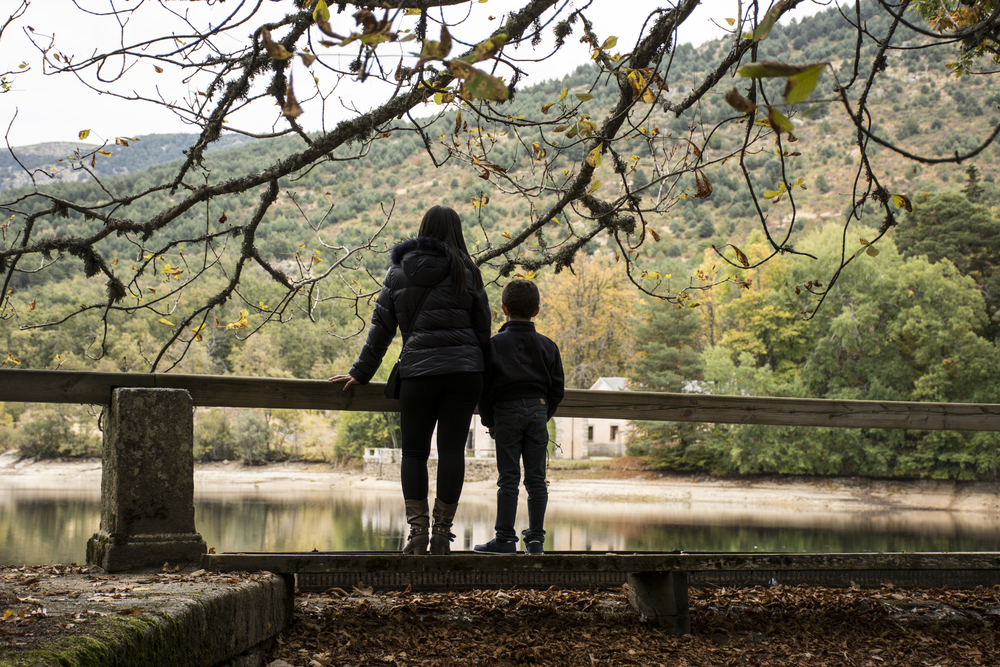Why mediate your child custody dispute?
Child custody is considered a priority by the courts. As a consequence, alternative dispute resolution methods have been developed to resolve child custody disputes outside of court. The courts have encouraged the parties to resolve these difficult issues between themselves, and, as an experienced Houston child custody attorney, I encourage you to do so as well. Trial of a custody case results not in winners, but only survivors. The losers in the first and final analysis are the children.
Don’t take my word for it. I encourage you to read Judith Wallerstein’s brilliant 2000 work, The Unexpected Legacy of Divorce, a study which explored the adult lives of children twenty-five years after the author first met them as children in the 1970s in connection with their parent’s divorce. It is compelling and surprising in some of the conclusions reached, among which is the explosion of the myth that children are better off being out of a bad marriage.
Therefore, I customarily advise my clients that a less than ideal agreement that is negotiated through mediation or some other alternate dispute methodology is better than having a judge who is a complete stranger, decide what is going to happen to his or her kids.
In short, there can never be too much emphasis on attempts to resolve custody and parenting issues through alternate dispute resolution. It is a decidedly more effective way of dealing with these issues, as studies tell us that parties are much more likely to comply with provisions of agreements that they have had a role in constructing, than they are where conduct is prescribed, or proscribed, by a judge.
What happens in the mediation of a child custody dispute?
Mediation is a concept with broad acceptance in the resolution of custody disputes. The goal of mediation is to get the parties to come to an agreement, not necessarily to do what is in the best interests of the child.
Typically, it involves a mediator who has not only completed a significant (40 hours plus) amount of mediation training but also has a body of experience and expertise in the family law field. Generally, it involves only the parties and the mediator, and will usually take one to four-hour or eight-hour session to achieve success.
Mediation of custody issues is mandatory in Houston, Harris County, Texas, and Fort Bend County, Texas, and other Texas courts prior to trial. This rule is designed to allow parties to take responsibility for what is going to happen with their children in the future. For emergency cases, such as those involving domestic violence, or a parent taking off with the kids, are exceptions.
Preparing for your child custody mediation session
A good child custody attorney will spend the time necessary to acquaint you with the mediation process, and its positives and negatives. A custody attorney will help you develop an approach to the process and a reasonable settlement position concerning the parenting issues presented. You need to know that the mediator is going to lean on the “weak” party, in an attempt to get that individual to buckle and thereby reach an agreement.
Proper preparation for mediation requires help from an experienced child custody lawyer such as Cheryl Alsandor. You must develop specific custodial plans and identify the negotiable items, and the ones that are deal-breakers. In other words, lines in the sand might have to be drawn. This is the most critical stage of the litigation, and it occurs very early on in the process.
A thorough discussion of the dynamic of mediation is also necessary. One way to prepare is for you and your custody lawyer to role-play the contemplated mediation to get a sense of what to expect and how to react.
Informal Settlement involving child custody lawyers
Informal settlement involving the parties’ custody lawyers has its place and might be best suited to working out the final kinks in an arrangement the parties have already negotiated for the most part. Informal settlement involving lawyers can also be used instead of a face-to-face meeting between the parties and the mediator where issues of domestic violence or other unpleasantness between the parties exist.
Collaborative divorce
A fairly new concept in the alternate dispute area is “collaborative divorce.” In a collaborative divorce, the parties retain independent counsel and enlist the services of psychologists, counselors, therapists, and financial advisers to develop, in a “collaborative” setting a global agreement on all of the divorce issues. This growing trend generally requires that if the parties are not able to reach an accord, the attorneys and professionals involved will not be involved in the subsequent divorce litigation. As the costs of divorce litigation continue to soar, there will no doubt be more and more use of collaborative divorce by individuals who are willing to set aside individual agendas for the greater good of the family.
If you need a Houston family law attorney to help you with your child custody dispute, or any other family law matter, contact The Alsandor Law Firm today.

